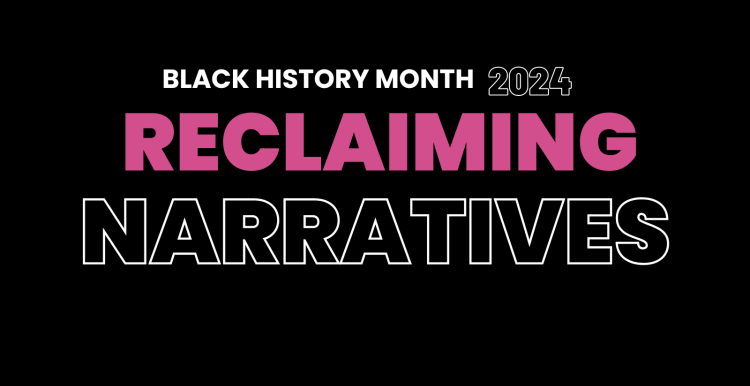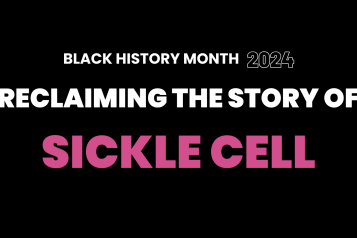Reclaiming the Sickle Cell story: survival and resilience

Sickle cell disease is the most common genetic blood disorder in the UK, affecting around 17,500 people. But beyond the numbers, sickle cell is a story of invisibility and voices ignored. The NHS has not always supported sickle cell patients, many of whom are from Black communities. While some issues stem from gaps in service or oversight, there are broader, more complex factors at play.
In 2021, the All-Party Parliamentary Group on Sickle Cell and Thalassaemia published a critical report called No One’s Listening. The inquiry exposed multiple failures, including preventable deaths, delays in treatment, and a health service that simply did not do enough to protect its patients.
And it’s not just the care they receive; it’s how they’re treated. Sickle cell patients in severe pain wait longer for treatment than patients in pain from other conditions. Pain relief for sickle cell patients is delayed because their pain isn’t believed. Adding to this, Black patients are often seen as having a higher pain threshold or believed to be drug-seeking, making this experience all the worse. Unsurprisingly, a study looking at patterns of mortality found that in most cases sickle cell deaths could have been prevented with proper care. Most of these deaths should not have happened.
It’s no coincidence that sickle cell services are underfunded compared to other health conditions. The Sickle Cell Society has long pointed out that the NHS spends less on this than it does on conditions that affect far fewer people. Less funding means fewer specialist units, fewer trained staff, and longer waiting times. So, where does this leave sickle cell patients? Often stranded in general wards, receiving less than optimal care from staff who haven’t received the training to support them.
While there have been some shifts in focus and partial improvements in recent years, these efforts are not nearly enough to address the long-standing neglect. Yes, we’ve seen more attention given to sickle cell, particularly with scientific breakthroughs like gene therapy, but while scientific breakthroughs might offer hope, they cannot undo decades of underfunding and poor care that left many Black patients with sickle cell without adequate treatment and care. The story of sickle cell isn’t just a story about a medical condition—it's a story about systemic inequality, neglect, and resilience. It’s a reminder that the NHS, like society, is shaped by the values we hold.
